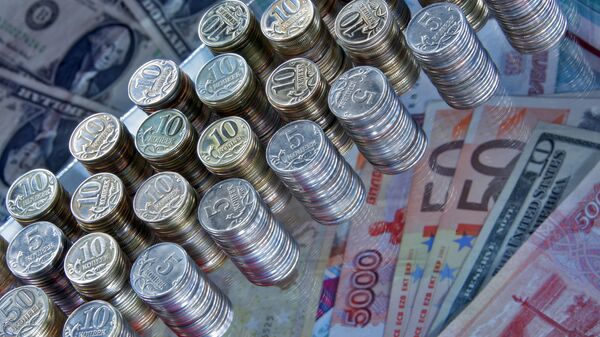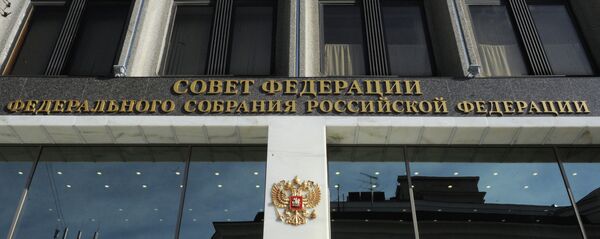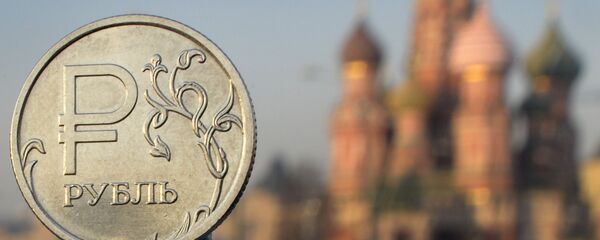The bill, imperiously titled "Defending American Security from Kremlin Aggression Act of 2019" (DASKAA), introduced for deliberation in the Senate on February 13, targets multiple sectors of the Russian economy, and, perhaps most significantly, imposes a ban on operations with Russian sovereign debt.
Specifically, the bill prohibits "United States persons from engaging in transactions with, providing financing for, or otherwise dealing in" Russian sovereign debt, defined as "bonds issued by the Central Bank, the National Wealth Fund, or the Federal Treasury of the Russian Federation, or agents or affiliates of any of these entities, with a maturity of more than 14 days," and other instruments with a duration of over 14 days, denominated either in rubles or in foreign currency. If passed, the ban would enter force "90 days," according to the document.
The news comes as a blow to investors, who have come to view Russian sovereign debt as a stable, steady source of income over the years.
Earlier this month, Moody's upgraded Russia's sovereign debt rating from Ba1 to Baa3, saying the move "reflects the positive impact of policies enacted in recent years to strengthen Russia's already robust public finance and external metrics and reduce the country's vulnerability to external shocks including fresh sanctions." Before that, Fitch and S&P issued positive outlook ratings for Russia's public credit rating, citing a strong balance sheet and prudent fiscal strategy.
Russia enjoys a low debt-to-GDP ratio, including a government debt load of 33 per cent of GDP, a burden favourable compared to the vast majority of industrialised countries (including the US, which had a debt to GDP ratio of 105.4 per cent in 2017). Russia achieved a low debt burden despite an economic crisis in the '90s, Western sanctions since 2014, and its commitment to pay off the $104.5 billion foreign debt of the USSR.
In addition to sovereign debt, DASKAA targets Russia's banking sector, LNG projects, IT, and shipbuilding, along with Russian politicians and businessmen.
Earlier this month, Russian lawmakers warned that if the new US sanctions were passed, Russia would "use the available resources" to respond accordingly.



